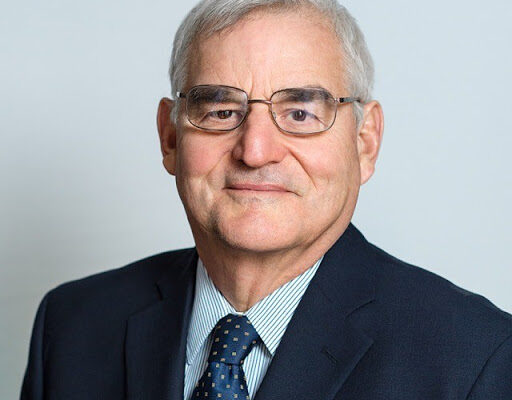Australian Arbitration Week Recap: International Arbitration in the Pacific—Reform and Capacity Building
The Pacific region, with its rich tapestry of cultures and diverse political landscapes, presents both unique opportunities and formidable challenges for international arbitration. As nations within this region strive to attract foreign direct investment (“FDI”) and foster economic growth, the role of arbitration becomes increasingly pivotal. On 17 October 2024, during the Australian Arbitration Week…

